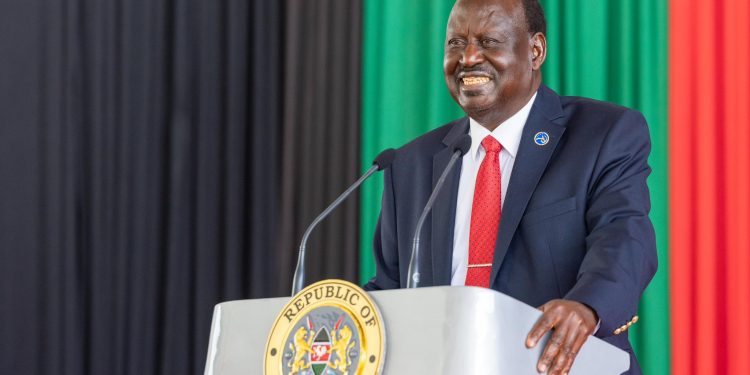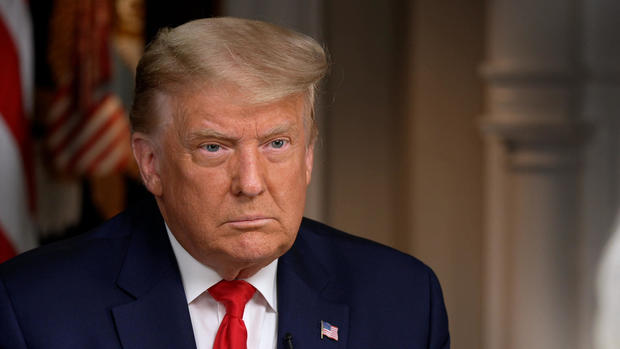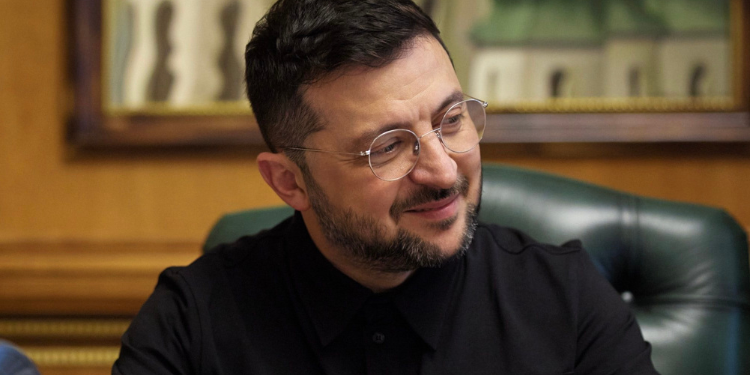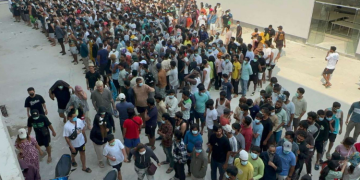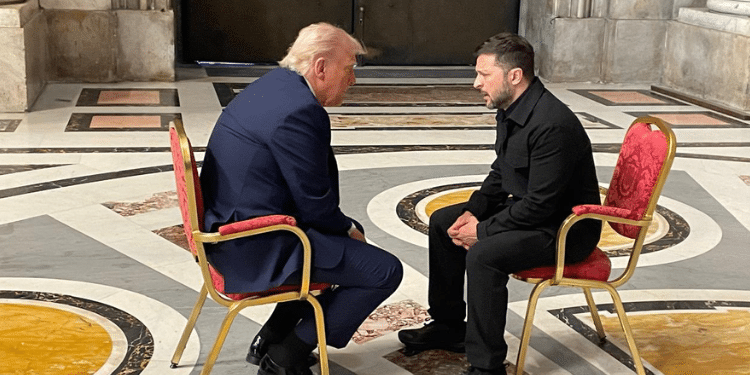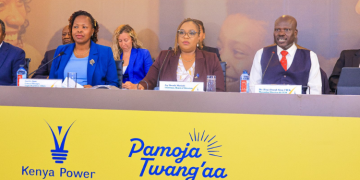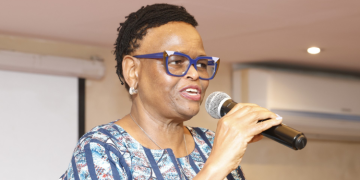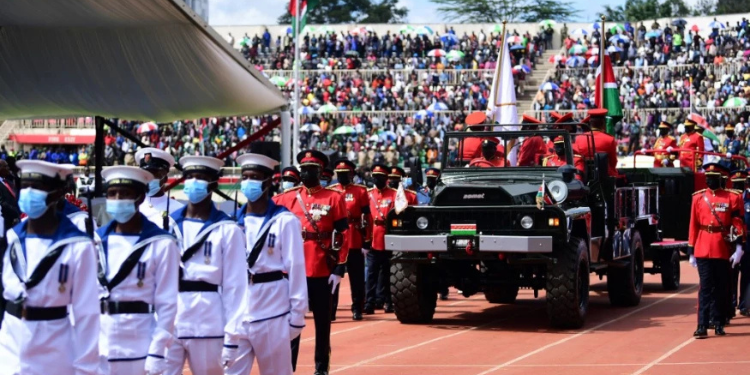President William Ruto, on Wednesday, October 15, announced that former Prime Minister Raila Odinga will be accorded a State Funeral after his death.
At the same time, Ruto declared a seven-day period of national mourning, during which the National Flag will fly at half-mast across Kenya and at all diplomatic missions abroad.
Odinga died in India on Wednesday morning after suffering a cardiac arrest and collapsing during a morning walk within the premises of an Ayurvedic hospital.
What exactly is a State Funeral, and who qualifies to be accorded one?
What a State Funeral Means and Who Is Accorded One in Kenya
A State Funeral refers to the last farewell ceremony that a state accords its Statesmen and women when they die.
It is a public ceremony conducted in accordance with strict rules of protocol to honor individuals of national importance.
Such funerals are marked by elaborate pomp and ceremony, often featuring religious observances and distinctive elements of military tradition.
While many of the protocols surrounding State Funerals are well-established by tradition and executive practice, Kenya does not, as of now, have a single law that fully codifies the requirements and procedures.
Customs surrounding State Funerals in Kenya have often been ambiguous, especially for individuals who served in roles other than the presidency.
The absence of clearly defined guidelines has sometimes led to inconsistencies in how such ceremonies are conducted.
Significant differences have been observed in the level of honors accorded, the duration of lying in state, the choice of burial venue, and the uniformity of protocols applied across past State Funerals.
Legal scholars have in the past called for constitutionalization or legislation to harmonize and clarify these practices.
Also Read: Uhuru Mourns Raila Odinga in Long, Emotional Tribute
To qualify for a State funeral, one has to be a sitting or retired Head of State, or Chief of Defense Forces. Any other person has to have the State send-off authorized by the Defense Council.
How the Funeral is Conducted for Heads of State
A state funeral in Kenya is a highly ceremonial event, typically declared by the sitting President through a proclamation following the death of a serving or former Head of State, or an individual of exceptional national contribution.
The President also announces a period of national mourning during which flags are flown at half-mast across the country.
During this period, the body of the deceased is often placed in a public venue—usually the Parliament buildings—to allow citizens to pay their last respects.
Full military honors are accorded to sitting or former presidents, while other distinguished individuals may receive such honors upon authorization by the Defence Council, depending on their national service or status.
The funeral incorporates religious services, aligned with the deceased’s faith, and cultural or customary practices that reflect personal or regional traditions.
The burial site is chosen either by the family or at a national level, with past state funerals showing variation depending on symbolic importance or family wishes.
In some cases, the government may declare the funeral date a public holiday or part of an official national observance to allow public participation in mourning and tribute.
Kenya has accorded more than eight individuals State burials, namely, founding president Jomo Kenyatta, former Vice President Kijana Wamalwa, Nobel Peace Prize Laureate Wangari Maathai, Former First Lady Lucy Kibaki, second president Daniel Arap Moi, third president Mwai Kibaki, Mukami Kimathi, and Phoebe Asigo.
Presidents Accorded a State Funeral
The birth of State Funerals in Kenya can be traced back to August 22, 1978, when the country’s founding President, Mzee Jomo Kenyatta, passed away at State House, Mombasa.
Also Read: Inside the Famous Opoda Farm, Raila Odinga’s Political Shrine
His body lay in state at the State House for 10 days as national flags flew at half-mast for a 30-day mourning period. Hundreds of thousands of Kenyans viewed his body as it lay in state.
On August 31, 1978, Mzee Kenyatta’s body was wheeled from State House through the streets of Nairobi to the Mausoleum.
During his burial, the army gave him a 21-gun salute, and his coffin was draped with the Kenyan national flag, with the coat of arms affixed to the carriage.
Former President Daniel arap Moi died on February 4, 2020, at Nairobi Hospital. His death was announced by then-President Uhuru Kenyatta, who ordered a period of national mourning and directed that national flags be flown at half-mast.
Moi’s body was transferred from Nairobi Hospital to Lee Funeral Home, and the then Head of Public Service, Joseph Kinyua, led preparations for the State Funeral.
His body lay in state at the Parliament Buildings for three consecutive days (February 8–10, 2020), where long queues of mourners gathered to pay their respects.
On February 11, 2020, a requiem mass was held at Nyayo National Stadium, with his body placed on a gun carriage drawn by a French-made ACMAT vehicle and flanked by pallbearers of the rank of Colonel.
In 2022, Kenya’s third President, Mwai Kibaki, was accorded a full State Funeral with complete military honors. His body lay in state at the Parliament Buildings, allowing Kenyans to pay their final respects before he was interred in Othaya, Nyeri.
Non-presidents Accorded a State Funeral Since Independence
Mzee Kenyatta’s State Funeral was followed by that of former Vice President Michael Wamalwa in 2003. His casket, draped in the national flag, was escorted to the Parliament Buildings, where scores of mourners gathered to pay their last respects.
After the public viewing, the hearse carrying his body was taken to the Lee Funeral Home.
Professor Wangari Maathai died on September 25, 2011, at Nairobi Hospital after a long battle with ovarian cancer. Following her death, then-President Mwai Kibaki announced that she would receive a State Funeral, declaring two days of national mourning during which the national flag was flown at half-mast.
The burial arrangements were coordinated by family members, nine Permanent Secretaries, and two Provincial Commissioners from the Office of the President.
However, her State Funeral lacked pomp and glamour, possibly because she had left a will requesting that her remains be cremated at the Kariokor Crematorium.
In 2016, former First Lady Lucy Kibaki was laid to rest in a State Burial held in Othaya, Nyeri County, her home region.
Meanwhile, in 2023, Mukami Kimathi, the widow of Mau Mau freedom fighter Dedan Kimathi, was accorded a State Funeral approved by President William Ruto in recognition of her contribution to Kenya’s liberation struggle.
In 2024, Kenya’s world marathon record-holder Kelvin Kiptum and former CDF General Francis Ogolla were awarded State funerals.
Similarly, in 2025, women’s rights activist and former Member of Parliament Phoebe Asiyo was granted a State Funeral, with Ruto approving the honour to acknowledge her lifelong dedication to public service and advocacy for gender equality.
Follow our WhatsApp Channel and X Account for real-time news updates.
